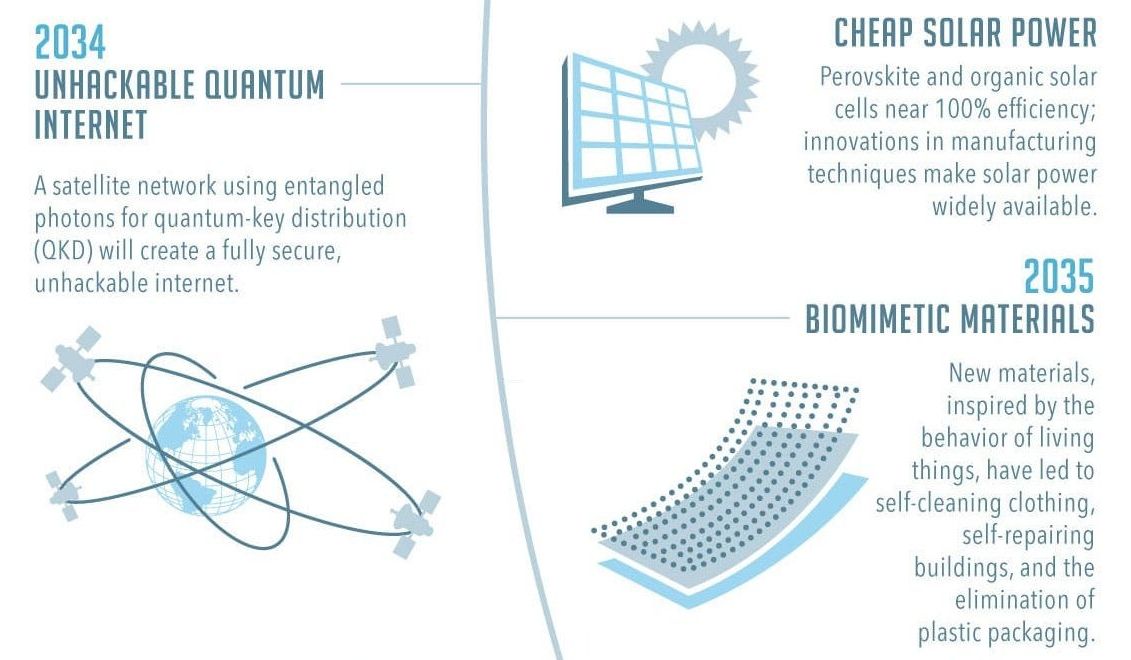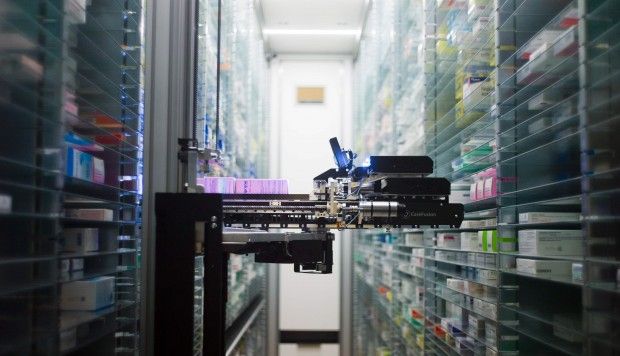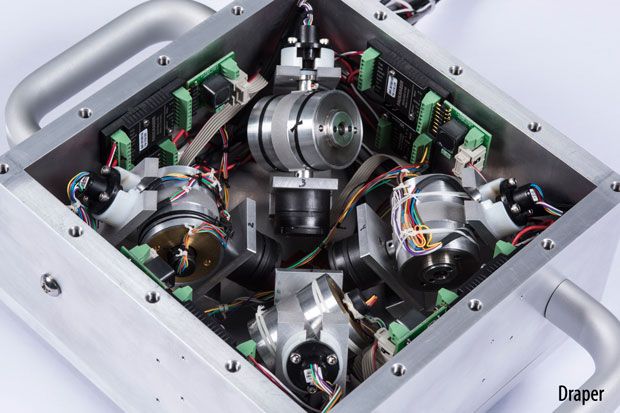Page 9969
Aubrey de Grey’s famous ‘general answers’ to all concerns about rejuvenation.
Biogerontologist Aubrey de Grey, the father of SENS, always likes to answer to all objections to/concerns about rejuvenation with two general arguments. I think it is actually worth taking the trouble to answer each objection separately (which I did), but Aubrey’s answers are very good as well. I will discuss them here and add my own considerations. (If you’re interested in Aubrey’s pure thoughts, unpolluted by mine, you might want to try this short book.)
Jul 21, 2017
Giving a push for in-space propulsion
Posted by Klaus Baldauf in categories: government, robotics/AI, solar power, space travel
It’s a technology looking for a new mission.
The technology is solar electric propulsion (SEP), which NASA has identified in recent years as a key enabler for eventual human missions to Mars. SEP, the agency argued, could be used to propel cargo missions to Mars in advance of crewed missions much more efficiently than conventional chemical propulsion systems.
High-power SEP was to be tested in interplanetary space on the Asteroid Redirect Mission (ARM), powering the robotic spacecraft that would travel to a near Earth asteroid, grab a boulder off its surface, and fly back to cislunar space. However, NASA announced earlier this year it planned to cancel ARM, and Congress, never much of a fan of the mission, has shown no signs of opposing it.
Jul 21, 2017
Infographic: A Timeline of Future Technology
Posted by John Gallagher in category: futurism
How will the future be different? See this compilation of predictions on future technology from trusted groups like Scientific American.
Jul 21, 2017
Scientists discover all quantum particles can travel BACKWARD
Posted by John Gallagher in categories: particle physics, quantum physics

In the study, researchers from the Universities of York, Munich, and Cardiff explored the phenomenon known as backflow in particles that are not ‘free.’
Free quantum particles exist without any external forces, but the researchers note that this setting is idealized.
Continue reading “Scientists discover all quantum particles can travel BACKWARD” »
Jul 21, 2017
3D-Printed Gun Designs Are Selling for $12 on the Dark Web
Posted by John Gallagher in categories: 3D printing, computing, internet, security
A new report shows just how easy it is becoming to download designs for difficult-to-trace arms.
In the darker corners of the Internet where search engines cannot go, black markets offer pistols, machine guns, even explosives — and most worrisome to security researchers, computer aided design, or CAD, files for 3D-printed guns.
A new report from RAND looked at 811 weapons listings on a dozen dark-web markets, which continue to thrive despite the shuttering of sites like the Silk Road and, just this month, AlphaBay. Firearms were the top-selling category, with was 339 active listings, roughly 42 percent of the market. But the next-largest share, with 222 listings, was a variety of digital products, from build-it-yourself explosives manuals to CAD files.
Continue reading “3D-Printed Gun Designs Are Selling for $12 on the Dark Web” »
Jul 21, 2017
High Tech Surveillance With 5G Wi-Fi
Posted by John Gallagher in categories: internet, surveillance
First and foremost, consumers must realize what’s involved with 30 GHz. A Gigahertz (GHz) is a frequency equal to one billion hertz or cycles per second. Now multiply that 30 times; how many cycles per second do you get? Isn’t that 30 billion cycles per second? Now, imagine those GHz frequencies traveling over in-wall copper electric house wires that are built to take only 60 Hz!
Such GHz frequencies just may be considered as sinusoidal harmonics or “dirty electricity.”
To put the above into proper perspective about microwave technology and non-ionizing radiation waves such frequencies emit, we need to understand the frequency of electricity. One Hertz (Hz) equals one cycle per second. One kilohertz (KHz) is equivalent to one thousand cycles per second. One megahertz (MHz) equals one million cycles per second. One gigahertz (GHz) is equal to one billion hertz or cycles per second—frequencies not found naturally in Nature, except from man-made/generated electromagnetics.
Jul 21, 2017
US nuclear arsenal controlled by 1970s computers with 8in floppy disks
Posted by John Gallagher in categories: computing, government, military
The US military’s nuclear arsenal is controlled by computers built in the 1970s that still use 8in floppy disks.
A report into the state of the US government, released by congressional investigators, has revealed that the country is spending around $60bn (£40.8bn) to maintain museum-ready computers, which many do not even know how to operate any more, as their creators retire.
The Defense Department’s Strategic Automated Command and Control System (DDSACCS), which is used to send and receive emergency action messages to US nuclear forces, runs on a 1970s IBM computing platform. It still uses 8in floppy disks to store data.
Continue reading “US nuclear arsenal controlled by 1970s computers with 8in floppy disks” »
Jul 21, 2017
World dominance in three steps: China sets out road map to lead in artificial intelligence by 2030
Posted by Derick Lee in categories: finance, government, robotics/AI, supercomputing
Government finance will lead the way in AI research, including the development of supercomputers, and high performance semiconductor chips, software and the hiring of key talent to lead the field, China’s science and technology minister Wan Gang said in March during the country’s parliamentary meeting.
The Chinese government’s July 8 plan aims to keep pace with AI technology by 2020, make major breakthroughs by 2025, and lead the world in AI by 2030.
PUBLISHED : Friday, 21 July, 2017, 1:28pm.
- Multimedia
- Video
- Space Flight
A Gyroscope Jetpack for Astronauts
A new jetpack, stabilized with high-tech gyroscopes, could help astronauts navigate low-gravity environments.
















